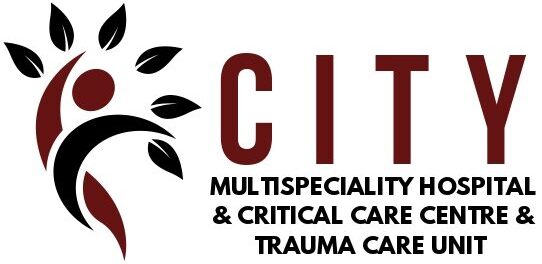What is Dyslipidemia?
Dyslipidemia means your blood has unhealthy levels of fats, such as cholesterol or triglycerides. These fats are important, but too much can harm your health. In the United States, dyslipidemia is common and can raise your risk of heart disease. Often, people do not notice any symptoms. However, regular check-ups help spot problems early. Cholesterol management is key for a healthy heart. If you have dyslipidemia, you may need to make changes to your lifestyle or take medicine. Understanding this condition helps you take control of your heart health.
Common Causes of Dyslipidemia
Many things can lead to dyslipidemia. Sometimes, it runs in families. Other times, your lifestyle plays a big role. For example, eating foods high in saturated fat can raise your cholesterol. But there are other causes too. Here are some common reasons:
Because many factors can cause dyslipidemia, knowing your risks is important. You can often lower your risk by making healthy choices.
Symptoms and Warning Signs
Usually, dyslipidemia does not cause any clear symptoms. Most people feel fine, even when their cholesterol is high. However, over time, high cholesterol can damage your blood vessels. This may lead to serious problems, such as heart attacks or strokes. Sometimes, you may notice signs if your cholesterol is very high. For example, you might see yellow bumps on your skin, called xanthomas. But these are rare. Because symptoms are uncommon, regular blood tests are important. Early detection helps with cholesterol management and lowering high cholesterol before problems start.
How Dyslipidemia is Diagnosed
Doctors use a simple blood test to check for dyslipidemia. This test is called a lipid panel. It measures different types of fats in your blood. The main numbers your doctor will look at are:
Usually, you need to fast before this test. That means you do not eat or drink anything except water for 9 to 12 hours. Your doctor will explain your results and what they mean for your heart health. If your numbers are high, you may need more tests or treatment.
Treatment Options for Dyslipidemia
Treating dyslipidemia often starts with lifestyle changes. However, some people also need medicine. Your doctor will help you choose the best plan. Here are common dyslipidemia treatment options:
For some, medicine is needed to lower high cholesterol. But lifestyle changes are important for everyone. With the right plan, you can protect your heart and lower your risk of problems.
Lifestyle Tips and Prevention
Even if you do not have dyslipidemia, you can take steps to keep your cholesterol in a healthy range. Here are some heart health tips:
By following these tips, you can help prevent dyslipidemia and support your overall health. According to the CDC, healthy habits make a big difference in lowering high cholesterol and reducing heart disease risk.
If you are concerned about your cholesterol or have questions about dyslipidemia treatment options, consult a healthcare professional for personalized advice on managing dyslipidemia.

